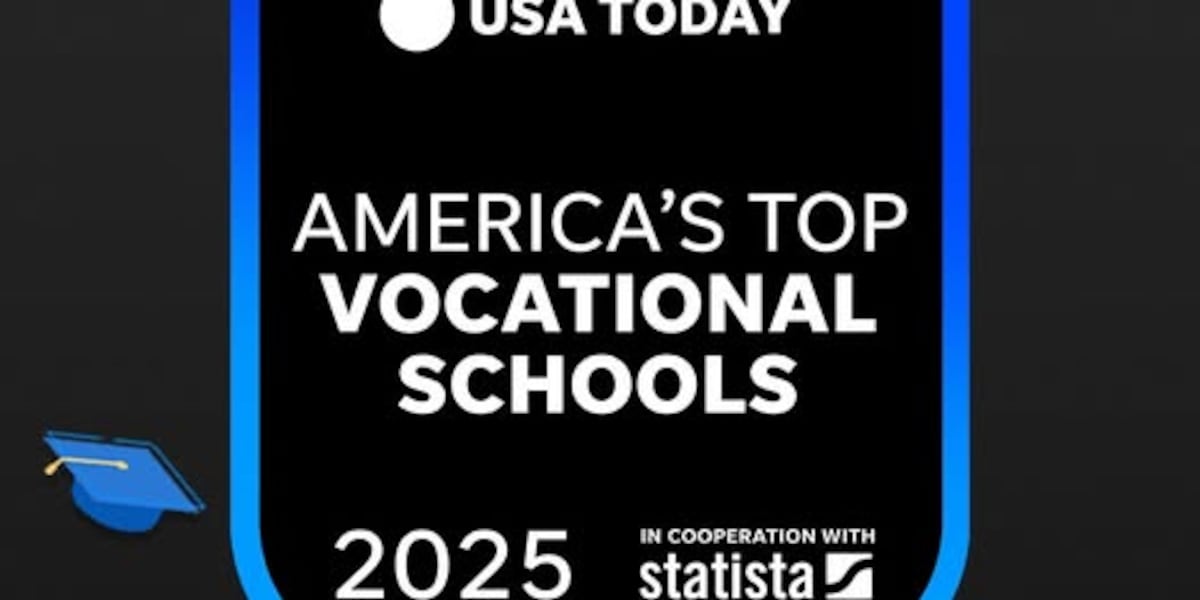From Engineering to Fintech: Why a Master's Degree Was My Best Career Move

The intersection of technology and finance is booming, and for good reason. I'm Christian Hollar, and I recently completed Duke University's Master of Engineering in Fintech program. Making the leap from an engineering background to specializing in financial technology proved to be one of the most rewarding and strategically beneficial decisions of my career. Let me explain why.
For years, I worked as an engineer, enjoying the problem-solving aspects and the constant evolution of technology. However, I felt a growing desire to apply my skills in a field with broader societal impact and significantly more growth potential. The financial sector, traditionally slow to adopt new technologies, is undergoing a massive transformation, creating unprecedented opportunities for skilled professionals like myself.
Why Fintech? Fintech isn't just about building apps for banking. It encompasses a vast range of areas including blockchain, artificial intelligence in finance (AI in Finance), algorithmic trading, cybersecurity for financial institutions, and the development of innovative payment solutions. The demand for individuals who understand both the technical intricacies and the financial landscape is incredibly high, and it’s only expected to increase.
The Duke Fintech Program: A Game Changer Duke's Master of Engineering in Fintech program was specifically designed to bridge this gap. The curriculum is rigorous, covering topics like financial modeling, data science, machine learning, and regulatory frameworks. What truly set it apart was the emphasis on practical application. We worked on real-world case studies, collaborated with industry professionals, and developed projects that simulated the challenges faced by fintech companies.
Sharpening My Skills and Expanding My Horizons The program wasn’t just about learning new concepts; it was about sharpening my existing skills and expanding my horizons. My engineering background provided a solid foundation in problem-solving and analytical thinking, but the Fintech program equipped me with the specialized knowledge and tools needed to thrive in this dynamic industry. I learned to think critically about financial risk, understand the nuances of regulatory compliance, and leverage data to make informed decisions.
Growth Opportunities Abound The fintech industry is characterized by rapid innovation and constant evolution. This translates into a wealth of career opportunities for skilled professionals. From developing cutting-edge trading algorithms to building secure payment platforms, the possibilities are endless. The skills I gained through the Duke program have positioned me for a successful and fulfilling career in this exciting field.
My Advice: Invest in Your Future If you're an engineer, a finance professional, or someone with a strong analytical background looking to future-proof your career, I wholeheartedly recommend considering a Master's degree in Fintech. It's an investment that will pay dividends for years to come. The combination of technical expertise and financial acumen is a powerful one, and the demand for individuals with these skills is only going to grow.
Ultimately, pursuing a Master's in Fintech was the best decision I've made. It’s opened doors to a world of opportunities and allowed me to contribute to a field that is shaping the future of finance.






